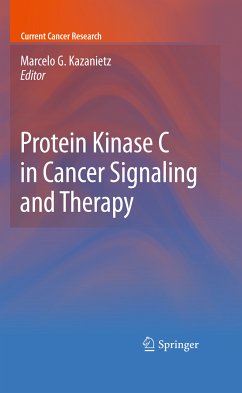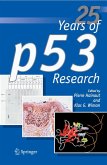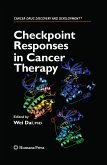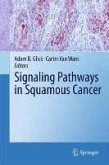Research in the last years has established key roles for PKC isozymes in the control of cell proliferation, migration, adhesion, and malignant transformation. In addition, there is a large body of evidence linking PKC to invasion and cancer cell metastasis. It is now well established that the expression of PKC isozymes is altered in various types of cancers. More importantly, small molecule inhibitors have been developed with significant anti-cancer activity. The relevance of PKC isozymes in cancer signaling is therefore remarkable.
Protein Kinase C in Cancer Signaling and Therapy is composed of twenty-three chapters written by leading experts in the field. The book is divided into four sections: Regulation of PKC isozyme function: from genes to biochemistry, PKC isozymes in the control of cell function, PKC isozymes in cancer, and PKC isozymes as targets for cancer therapy. Each section of Protein Kinase C in Cancer Signaling and Therapy begins with an introduction by an established professional in the field of Protein kinase C, followed by chapters that elucidate the importance of PKC in current cancer research.
Dieser Download kann aus rechtlichen Gründen nur mit Rechnungsadresse in A, B, BG, CY, CZ, D, DK, EW, E, FIN, F, GR, HR, H, IRL, I, LT, L, LR, M, NL, PL, P, R, S, SLO, SK ausgeliefert werden.









